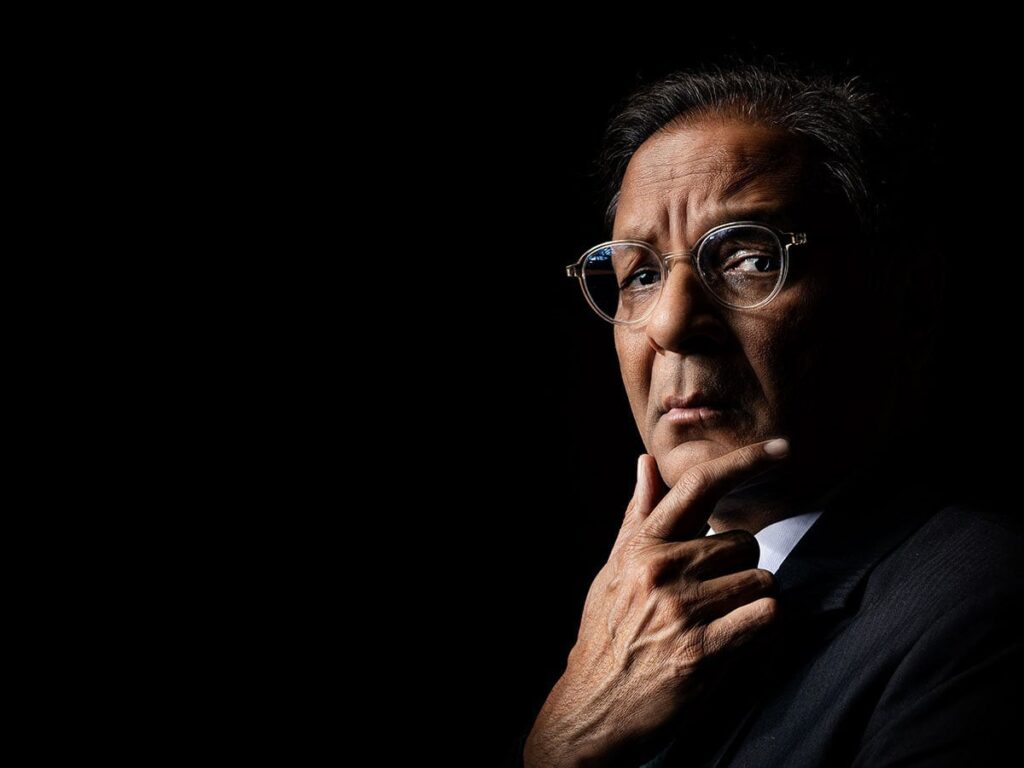1) A survivor
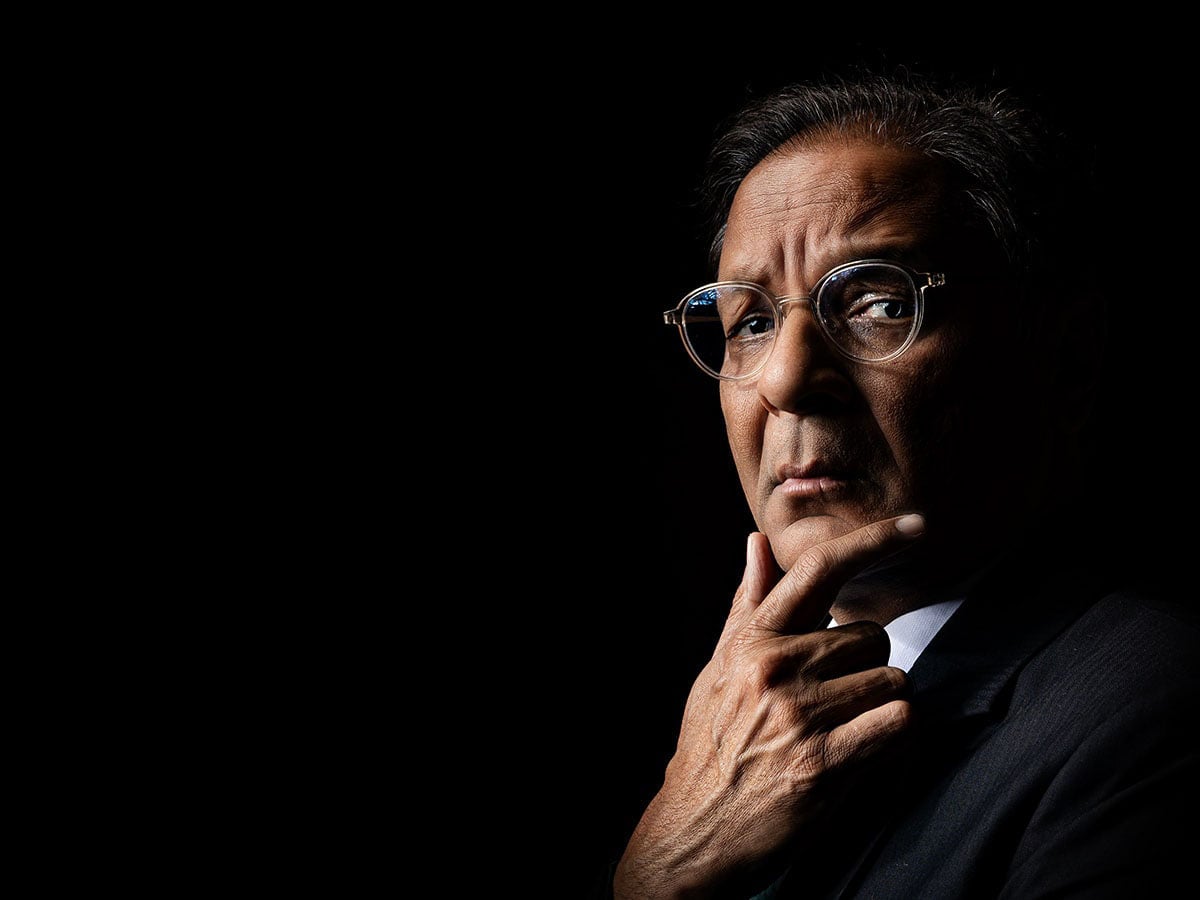 Ajay Singh, Chairman and Managing Director of SpiceJet Image: Madhu Kapparath
Ajay Singh, Chairman and Managing Director of SpiceJet Image: Madhu Kapparath
Ajay Singh bought the defunct ModiLuft, a private airline based in Delhi, in 2005. He renamed it SpiceJet a year later and made it one of the most recognisable budget airlines in India. He left it in 2010 when Kalanithi Maran, chairman and managing director of the Sun Group, bought the airline. In January 2015, SpiceJet was on the ventilator, having posted Rs1003.24 crore in losses and stacking up mountainous debt. Singh took the reins and rewarded the bankers who trusted him with 17 consecutive quarters of profitable growth. A decade later, the chairman and MD of SpiceJet finds himself in a similar quagmire. Can he do the unthinkable once again?
2) The Tesla challenge
 Elon Musk, CEO of Tesla Image: Suzzanne Cordeiro / AFP
Elon Musk, CEO of Tesla Image: Suzzanne Cordeiro / AFP
Will he? Won’t he set up shop in India? This has been the question since Elon Musk’s Tesla Motors gained popularity. The Indian government’s push for manufacturing electric vehicles was one of the red-carpet features for the Texas-based company to set up a base in the country. There were a few false alarms before, but the automobile giant is set to launch operations in India this time. It is already scouting for employees and has reportedly zeroed in on Mumbai and New Delhi to set up its first showrooms. So, how will the homegrown auto companies deal with this impending disruption? Are they prepared to take on this formidable challenge?
3) Trump, tariffs, and India
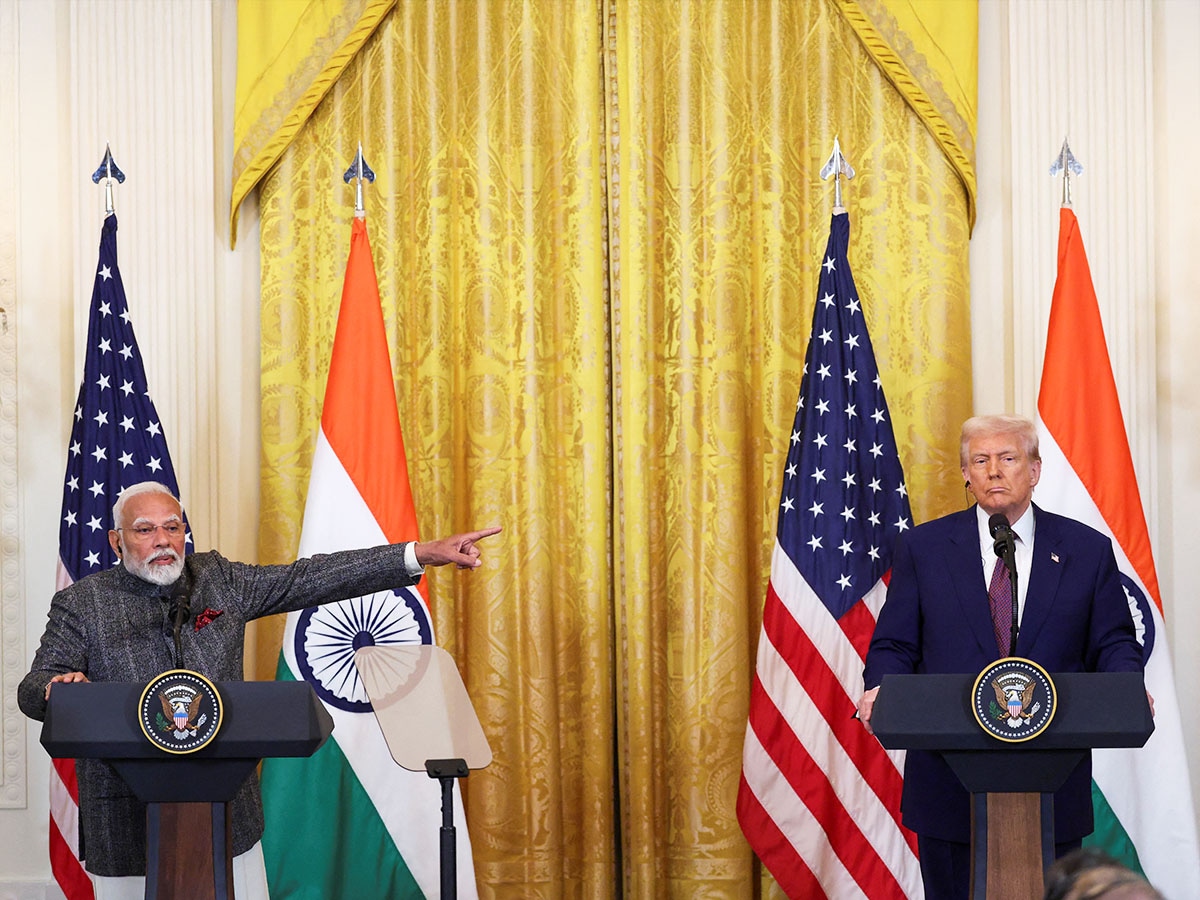 Indian Prime Minister Narendra Modi gestures during a joint press conference with U.S. President Donald Trump at the White House in Washington, D.C., U.S., February 13, 2025. REUTERS/Kevin Lamarque
Indian Prime Minister Narendra Modi gestures during a joint press conference with U.S. President Donald Trump at the White House in Washington, D.C., U.S., February 13, 2025. REUTERS/Kevin Lamarque
US President Donald Trump has either levied or threatened many countries with trade tariffs. The latest threat is the proposal to implement a 150 percent tariff specifically designed for BRIC nations. These decisions have disrupted trade and supply chains globally while equities and currencies have rattled. India is no exception. “Whatever India charges, we charge them,” US President Donald Trump said while standing next to Prime Minister Narendra Modi during a joint press conference on February 13. “So, frankly, it no longer matters to us that much what they charge. We are being reciprocal with India.” So how can India deal with this looming threat? Here are some expert views.
Discover
1) Race to the top
 (From left)Kiran Mani, CEO – Digital; Kevin Vaz, CEO – Entertainment; Sanjog Gupta, CEO – Sports, JioStar. Photographed at JioStar office, Prabhadevi, Mumbai. Image: Bajirao Pawar for Forbes India
(From left)Kiran Mani, CEO – Digital; Kevin Vaz, CEO – Entertainment; Sanjog Gupta, CEO – Sports, JioStar. Photographed at JioStar office, Prabhadevi, Mumbai. Image: Bajirao Pawar for Forbes India
JioStar, the joint venture that merged Viacom18 and Star India, recently announced the launch of JioHotstar, a new streaming platform that features the combined content from JioCinema and Disney+ Hotstar. The new entity now has almost 3 lakh hours of entertainment and sports coverage catering to more than 50 crore users. Now, JioHotstar is set on building a legacy and bringing content to a billion screens. However, competing with large players such as Netflix and Amazon Prime Video will be no easy feat. Here’s how the content behemoth plans to proceed.
2) Threat of sell-offs
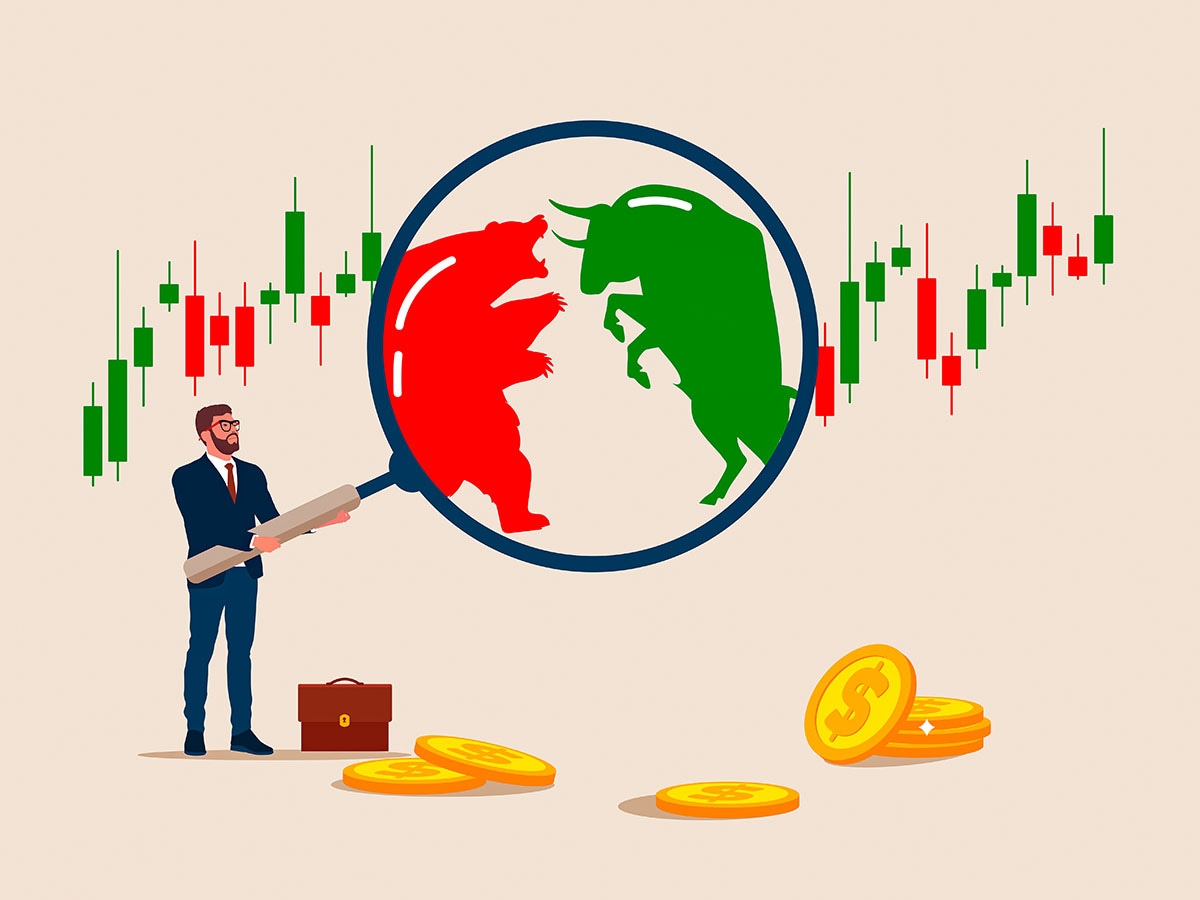 As lock-in periods of newly listed companies, which raised funds through initial public offerings (IPOs) are about to expire, $42 billion worth of stocks are staring at the risk of sell-offs. Image: Shutterstock
As lock-in periods of newly listed companies, which raised funds through initial public offerings (IPOs) are about to expire, $42 billion worth of stocks are staring at the risk of sell-offs. Image: Shutterstock
Headwinds around inflation, high interest rates, geopolitical risks, and slowing economic growth have already spooked equity investors. The new tariffs imposed by US President Donald Trump, effective February 4, have pushed Indian investors on the back foot. Indian stocks are already facing a massive drain-out of foreign liquidity, and sell-offs by existing shareholders in listed companies may spell further bad news. Between February 18 and May 31, the lock-in period after IPOs expire for 90 Indian companies–$42 billion worth of stocks are staring at the risk of sell-offs. How will the markets navigate these testing waters? Here’s what experts have to say.
3) New age business model
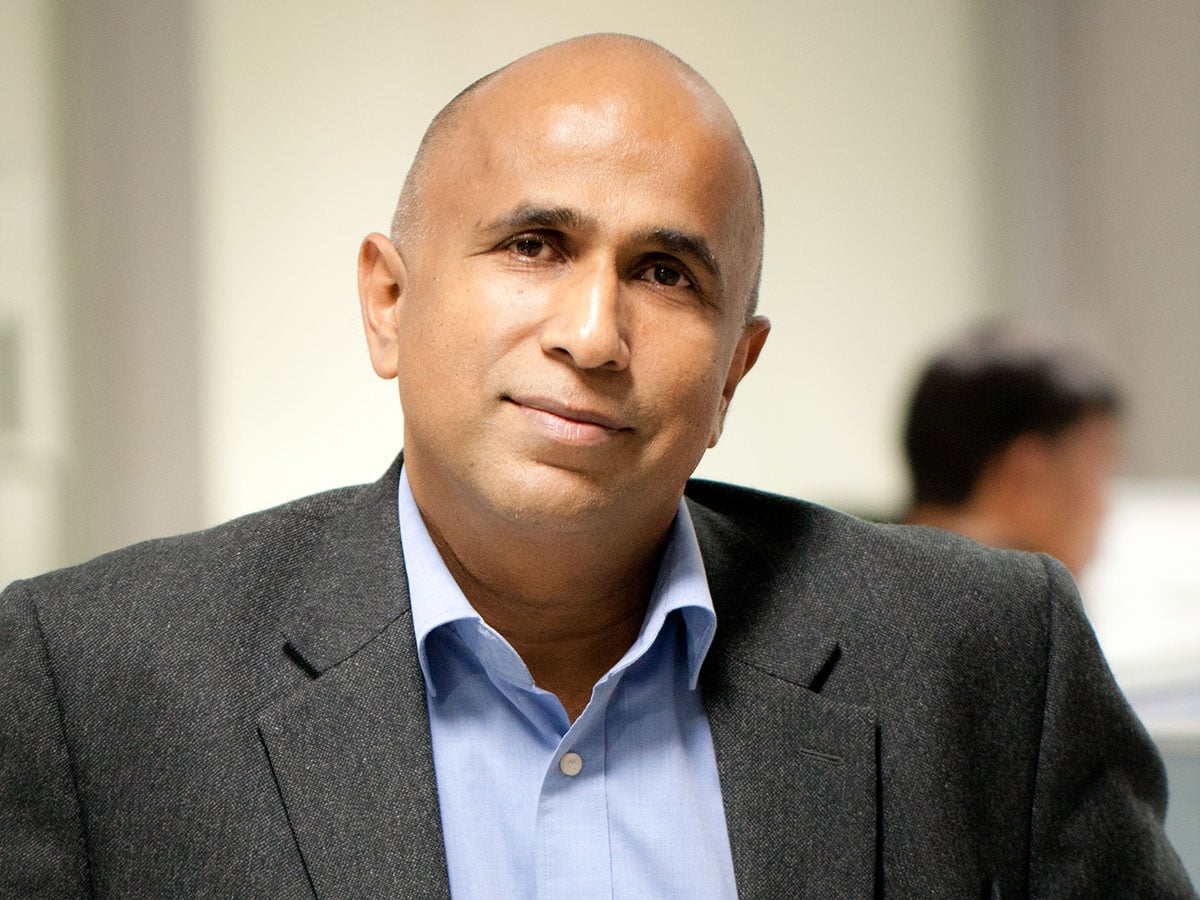 K Ganesh, Founder, GrowthStory.in
K Ganesh, Founder, GrowthStory.in
Disruption is often outside in, says serial entrepreneur K Ganesh. It takes an outsider to change the status quo, as Elon Musk and Tesla challenged ICE cars. Ganesh is the founder of the venture-building platform GrowStory, which has incubated and scaled successful startups like BigBasket, Portea Medical, and Bluestone. In the new episode of From the Bookshelves of Forbes India podcast, he talks about how new-age business models in India have localised, innovated and made money. He discusses value creation amid the path to profitability concerns, how investors navigate these companies’ high-risk, high-reward potential, and how AI is changing the business landscape in India. Listen here.
4) Toddy shop cuisine in New York
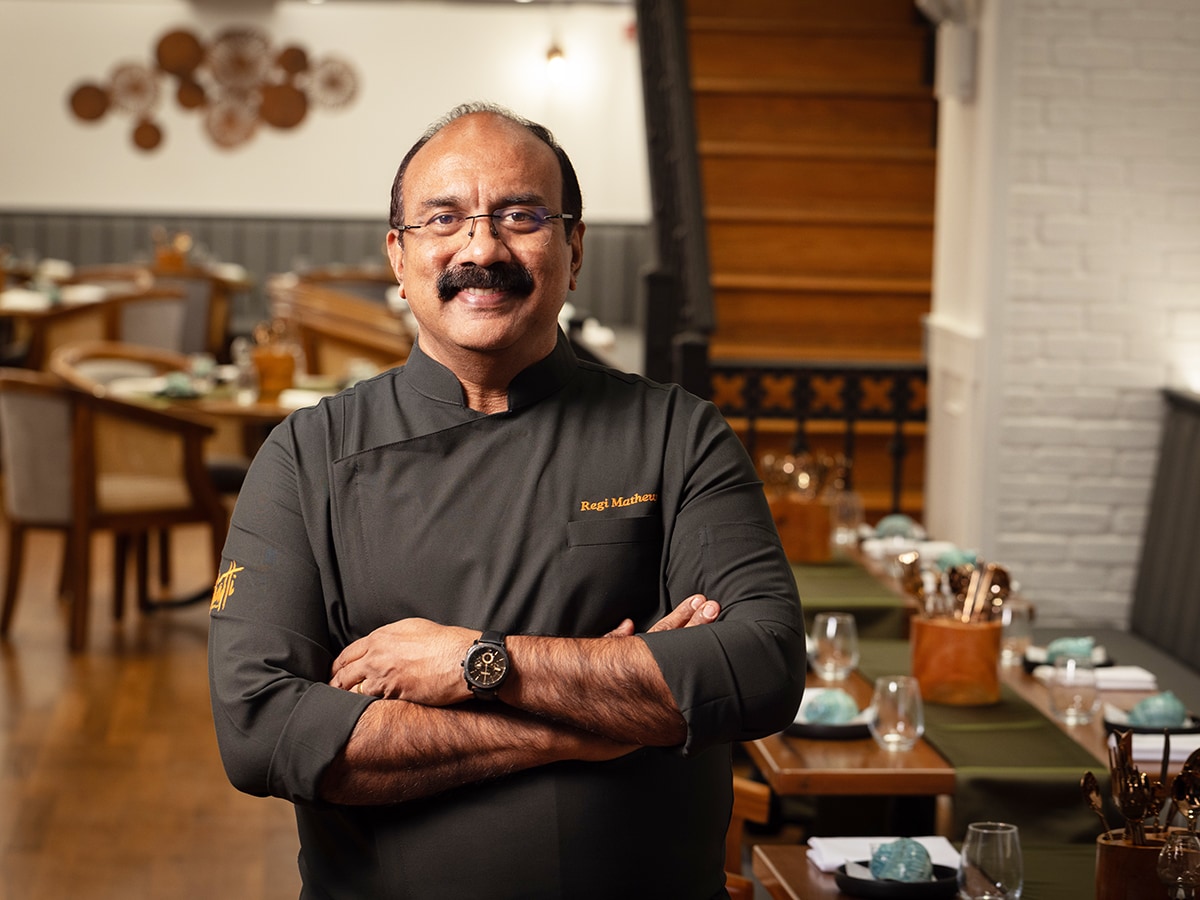 Chef Regi Mathew, Founder Partner, Chatti, New York Image: AlexStaniloff / Chatti
Chef Regi Mathew, Founder Partner, Chatti, New York Image: AlexStaniloff / Chatti
Chef Regi Mathew, after a two-decade career with luxury hotel chains like Taj and Shangri-La, co-founded Kappa Chakka Kandhari (KCK) in Chennai in 2018 to showcase authentic Kerala cuisine beyond the typical appams and stews. The restaurant, named after key Malayali ingredients—tapioca, jackfruit, and bird’s eye chilli—earned a spot in the World’s 50 Best Discovery list in 2024. Building on this success, Mathew launched Chatti in New York City, aiming to introduce the city’s diners to Kerala’s toddy shop cuisine, known for its robust flavours and traditional dishes. How does he plan on navigating New York’s competitive culinary scene?
 Ajay Singh, Chairman and Managing Director of SpiceJet Image: Madhu Kapparath
Ajay Singh, Chairman and Managing Director of SpiceJet Image: Madhu Kapparath Elon Musk, CEO of Tesla Image: Suzzanne Cordeiro / AFP
Elon Musk, CEO of Tesla Image: Suzzanne Cordeiro / AFP Indian Prime Minister Narendra Modi gestures during a joint press conference with U.S. President Donald Trump at the White House in Washington, D.C., U.S., February 13, 2025. REUTERS/Kevin Lamarque
Indian Prime Minister Narendra Modi gestures during a joint press conference with U.S. President Donald Trump at the White House in Washington, D.C., U.S., February 13, 2025. REUTERS/Kevin Lamarque
